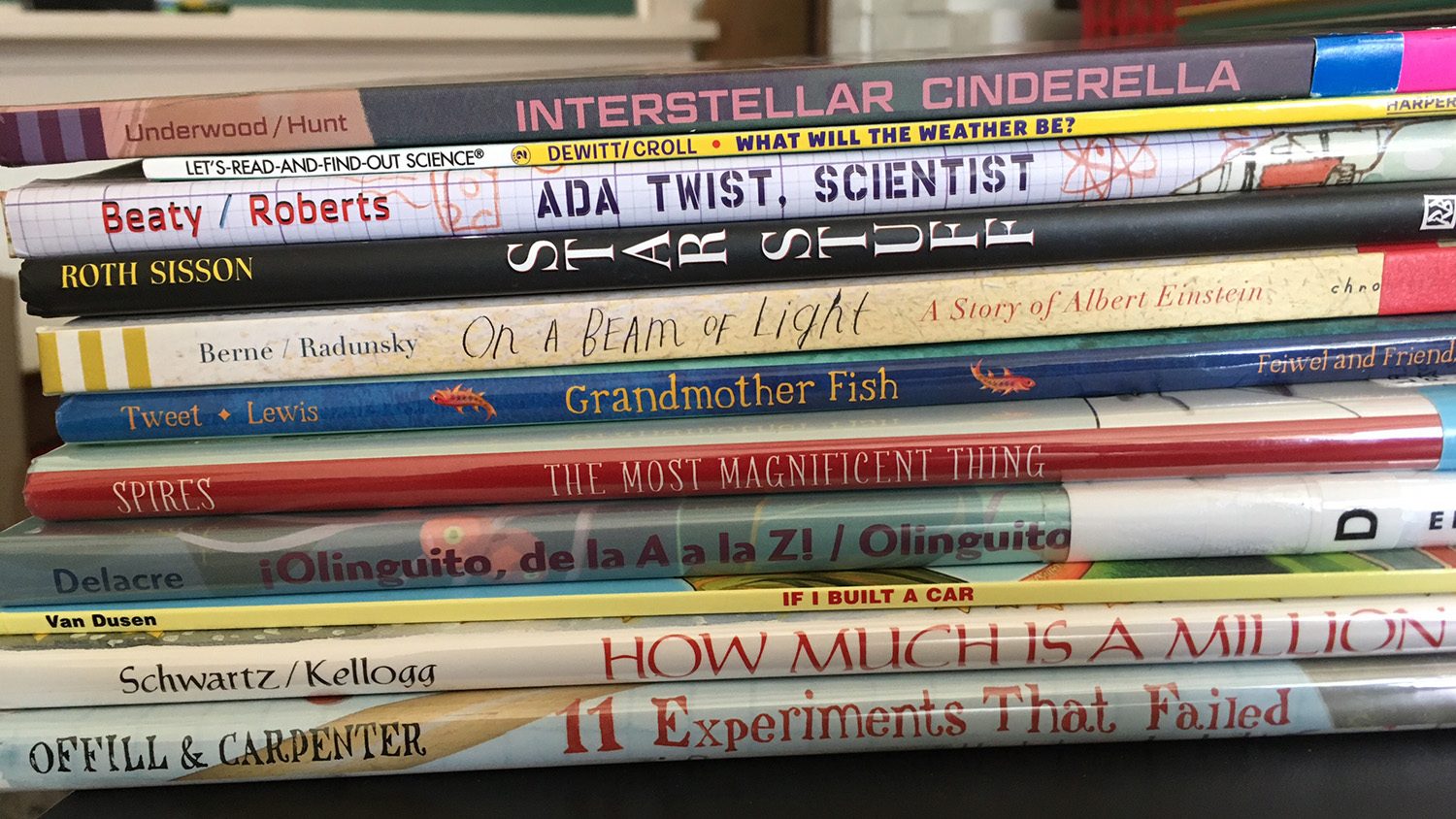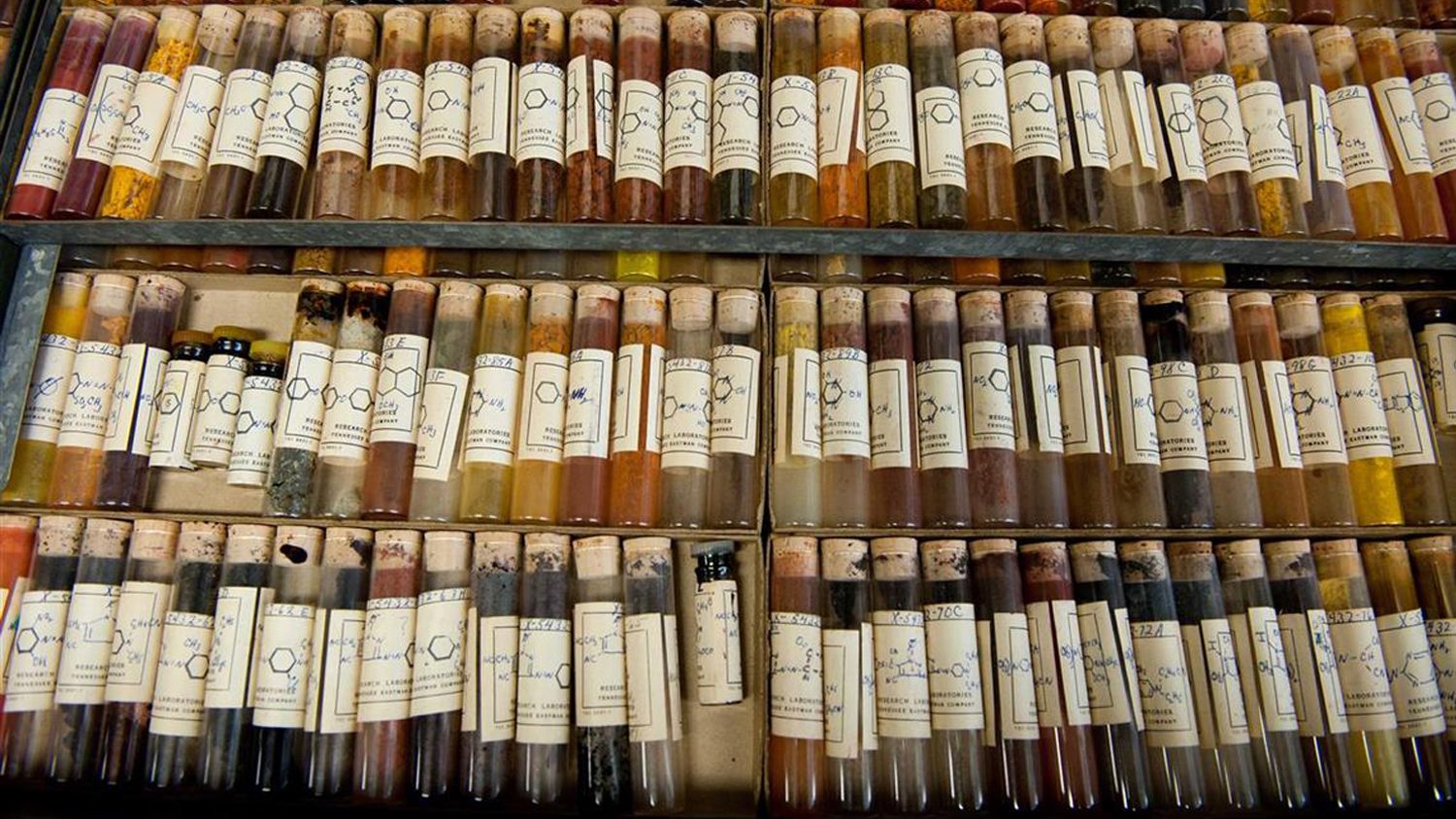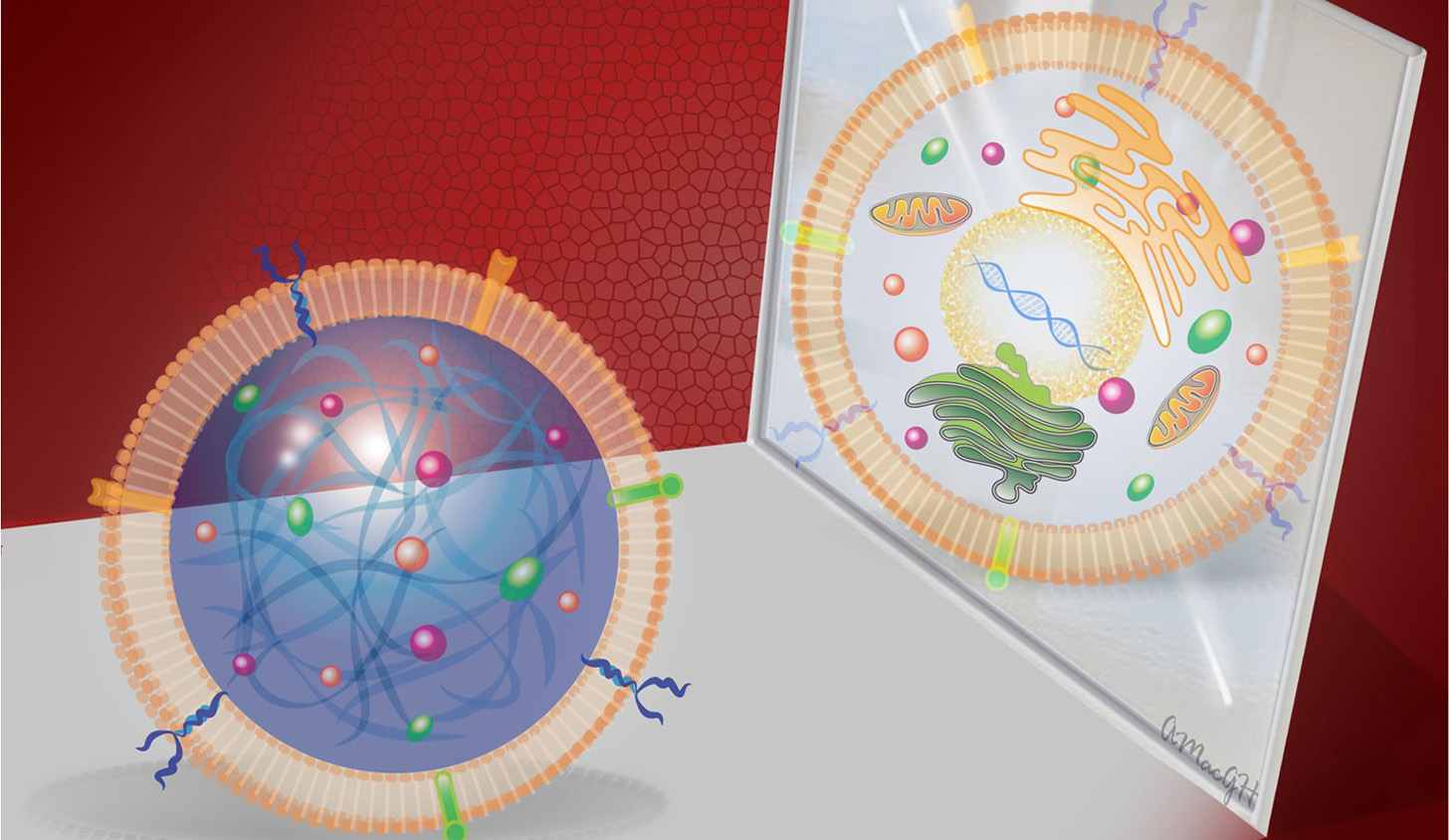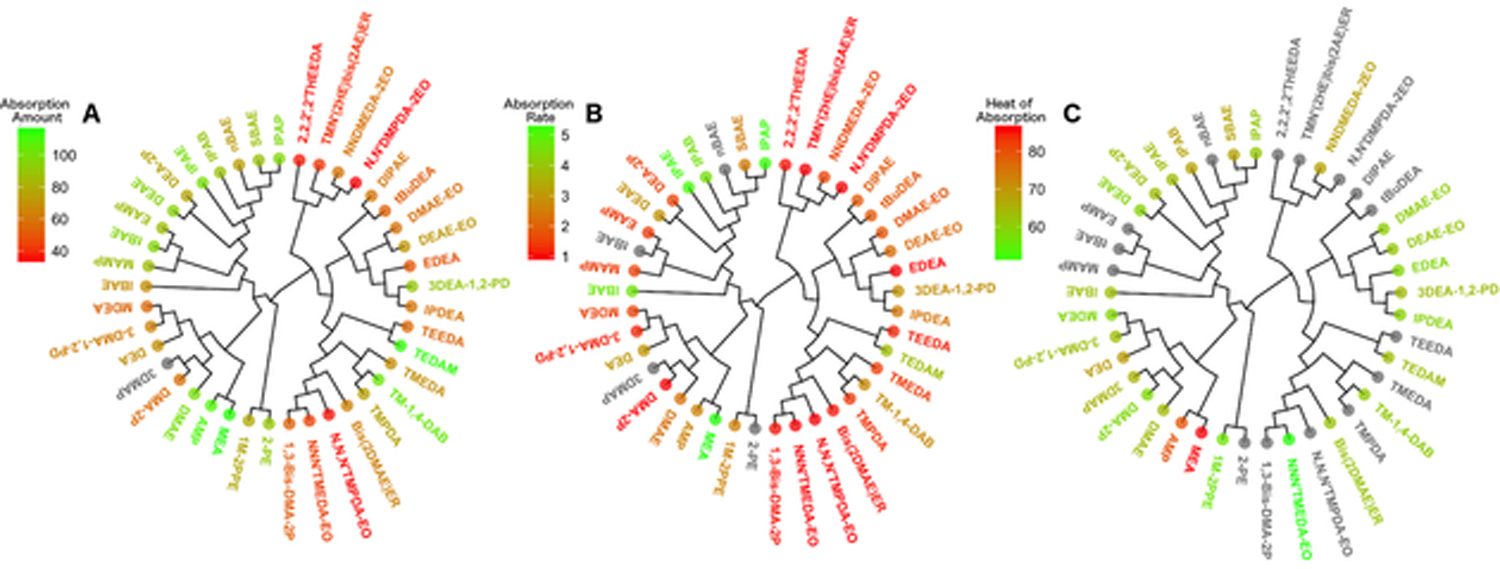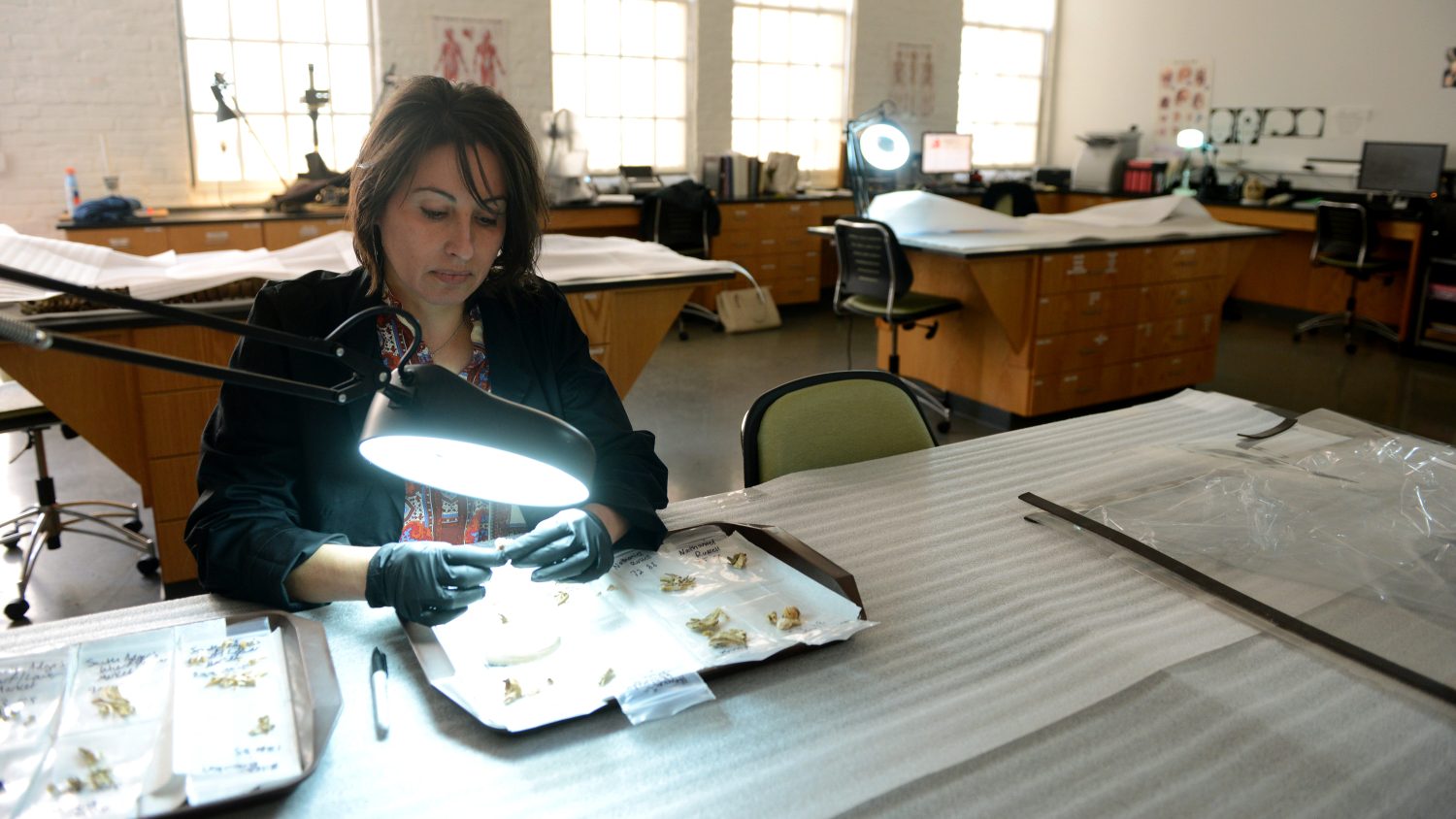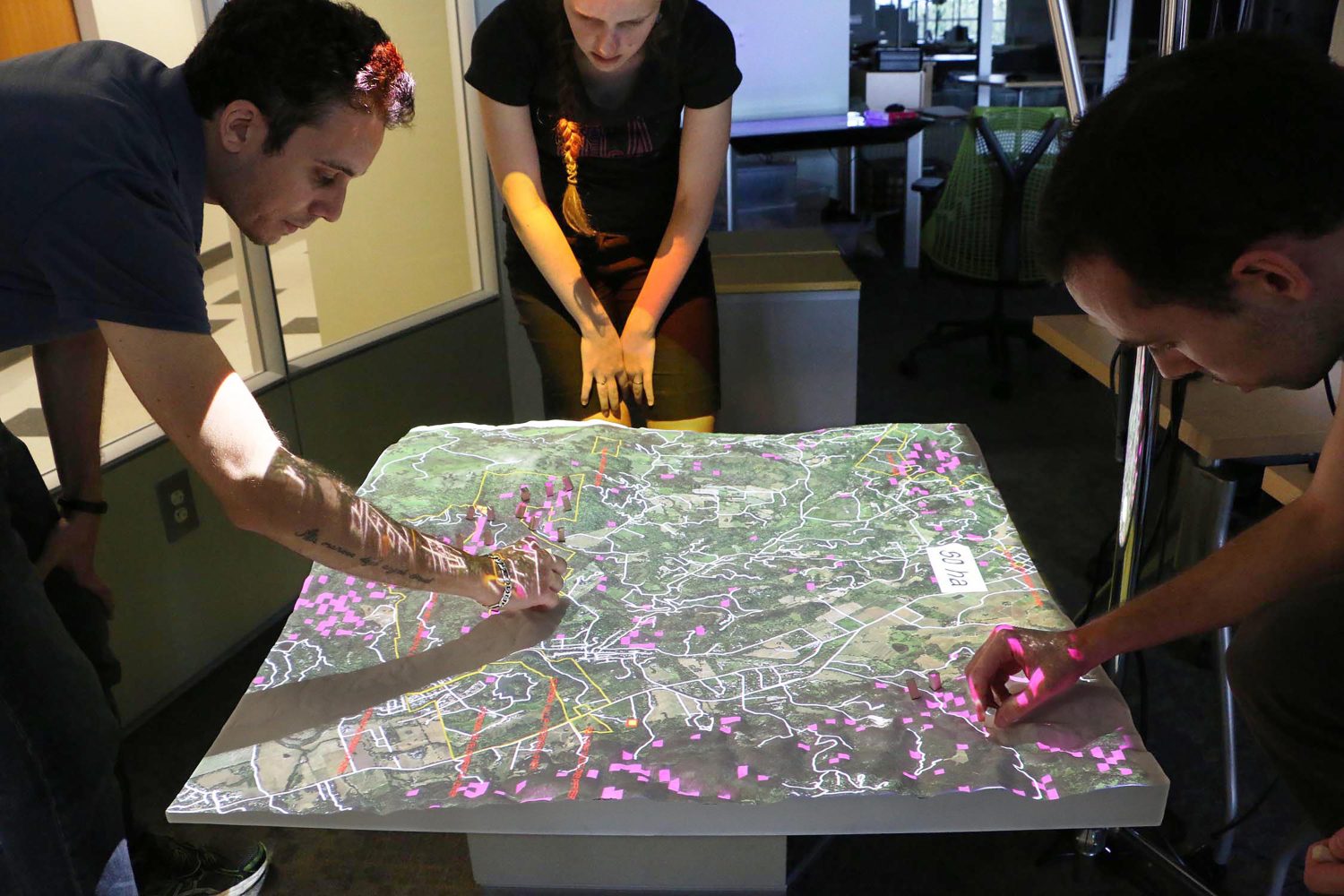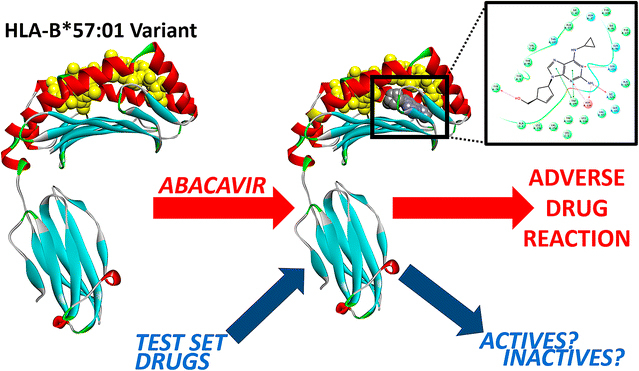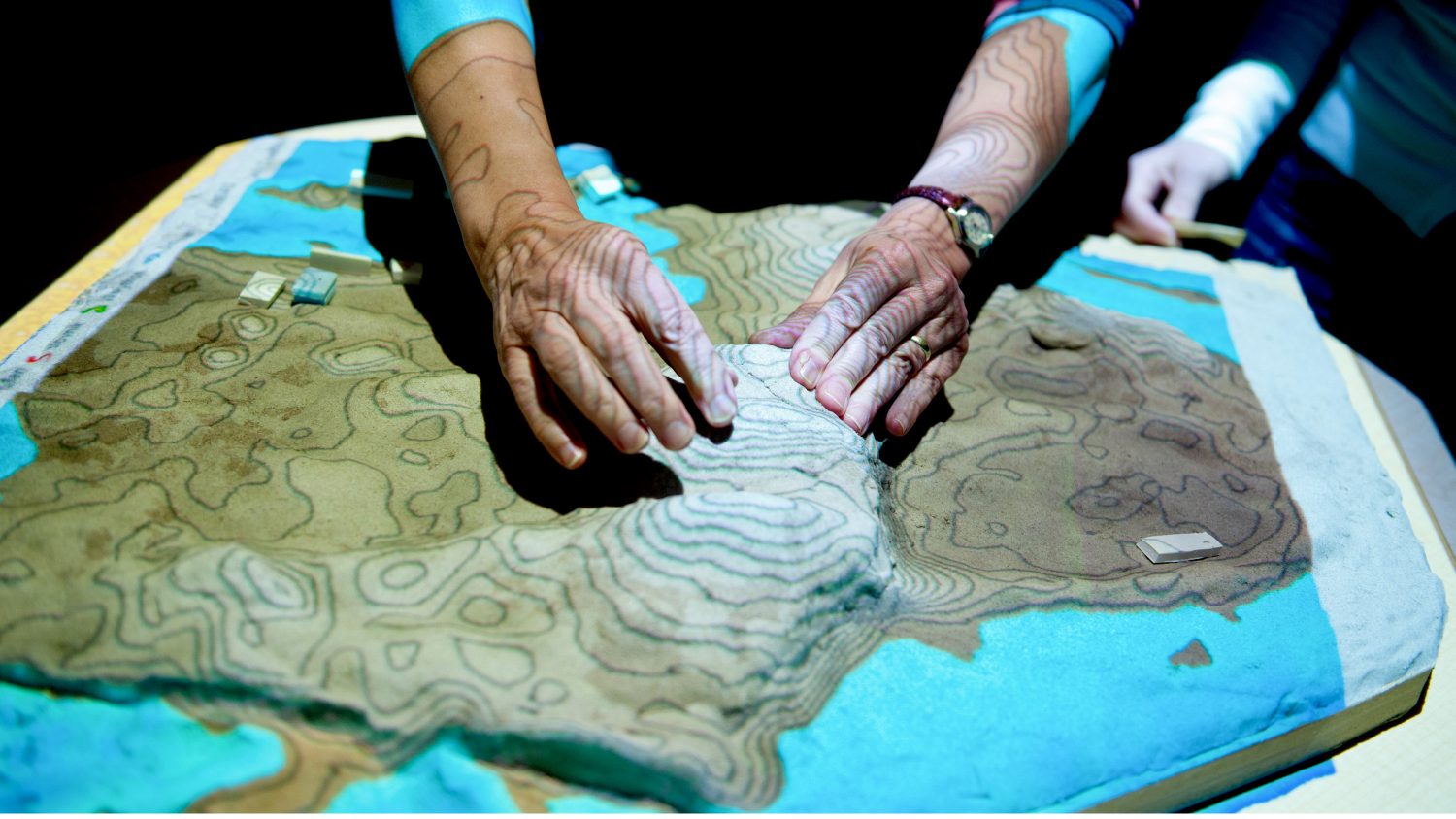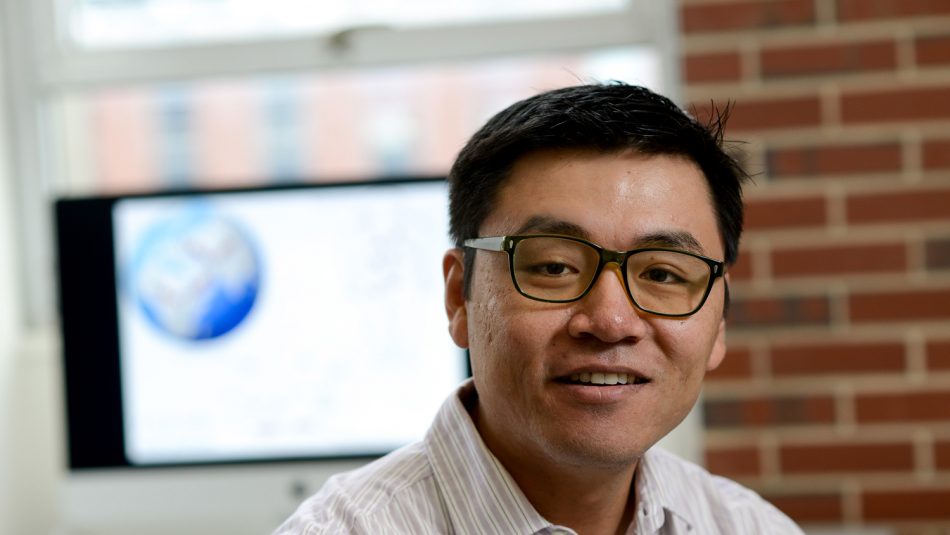Our Clusters
Sharing Science Through Picture Books
There may be no better marriage of science and art than in a children’s book.
Researchers Release First Chemical Map of Dyes from Historic Dye Library
The first chemical “map” of dyes from the Max A. Weaver Dye Library has been released. The information could assist researchers in developing dyes with desirable properties.
Synthetic Stem Cells Could Offer Therapeutic Benefits, Reduced Risks
Durable synthetic cardiac stem cells provide therapeutic benefits in the lab and in animal models.
Computer Simulations First Step Toward Designing New, More Efficient Amine Chemical Scrubbers
Molecular models aim to improve design of cheaper, more efficient amine chemicals to capture carbon dioxide.
Behind the Yellow Tape
Forensic anthropologist Ann Ross’ lab is a real-life version of your favorite forensics TV shows. See what’s inside.
A Hands-On Approach to Environmental Decisions
NC State scientists show how geospatial modeling can help provide faster feedback and better collaboration on complex issues.
Computer Models Could Allow Researchers to Better Understand, Predict Adverse Drug Reactions
Research explains what happens at the molecular level during severe allergic reactions to abacavir, an antiviral drug commonly given to treat HIV.
New Tool Can Help Policymakers Prioritize Information Needs for Synthetic Biology Tech
Researchers have developed a model that can be used to assess emerging synthetic biology products to determine what needs to be done to inform future policies.
High-Tech Sandbox
Helena Mitasova's Tangible Landscape geovisualization project helps solve land-management problems ranging from erosion to wildfire management. See her in action in this new video.
Ke Lab Leads a $5 Million DARPA Grant to Fight Influenza Virus
The Ke Lab at NC State is leading a $5 million research project to develop a new biomathematics-based approach to fighting the deadly influenza virus.
